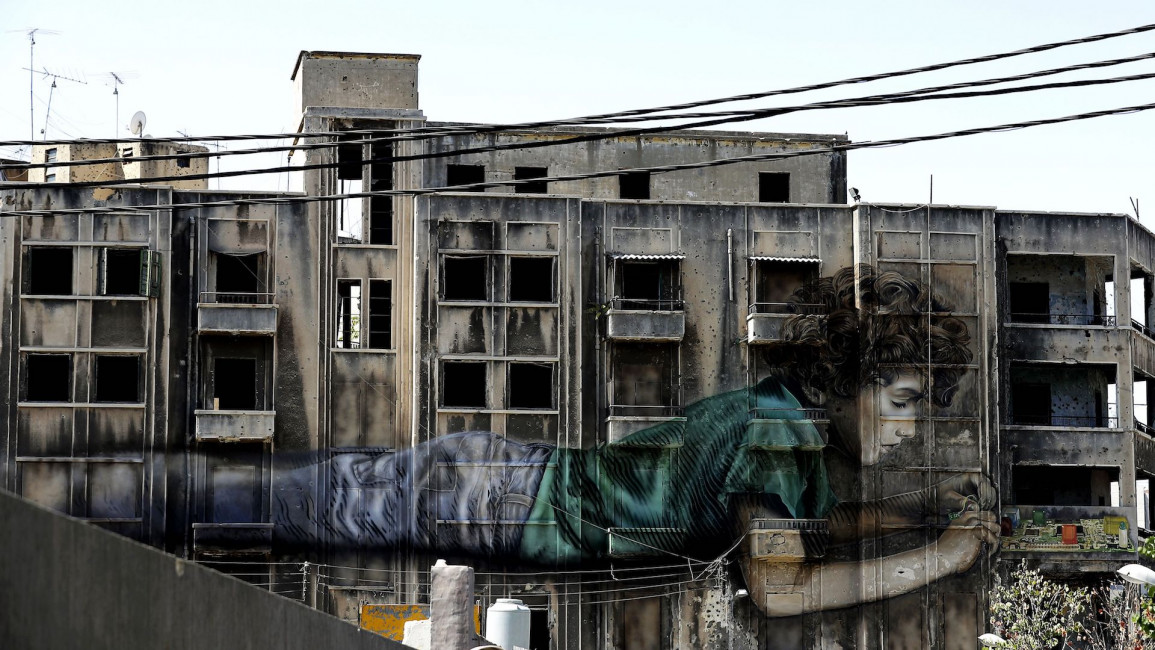French President Macron: Post-war Syria must adopt 'Lebanon's successful pluralist model'
Referring to post-war Syria, he told France 2 television that we should "take inspiration from the" Lebanese "model while preserving equilibrium".
"Lebanon is the only successful pluralistic model in the region, that's what we need to be inspired by," he said.
Lebanon's system - the modern iteration of which was designed by colonial France but which dates back to the Ottoman era - is a blend of democracy and rigid sectarian power-sharing quota system, allocating senior posts and legislative seats based on religious identity and demographics.
Lebanon's formula has been touted before for religiously diverse Iraq and Syria, where civil wars descended into sectarian warfare in the past decade.
But while the system, upgraded in the Taif Accord that ended the 17-year civil war in 1990, has managed to represent Lebanon's main religious communities, it is criticised by secular voices for creating political dynasties, entrenching corruption and failing to prevent sectarian strife.
It has also failed to give a voice to those who are not affiliated to any religion or sect, and has marginalised small minorities.
Twitter Post
|
In the same speech, Macron described President Bashar al-Assad as "an enemy of the Syrian people", but insisted: "We have to speak to Assad and his representatives."
He underlined that France's top priority as part of the US-led coalition pounding IS is "the extermination" of the extremist group rather than ousting Assad, which has been the country's official stance since June.
The Syrian president, Macron added, will not be leaving any time soon after the defeat of IS.
"Bashar al-Assad will be there," he said. "He will be there because he is protected by those who have won the war on the ground, whether it's Iran or Russia."
However, at some point, Assad "will have to respond to his crimes before his people, before the international courts."
"France's plan is to win peace, de-mine the country, to de-militarise it and build a political solution that will allow a durable peace - which means all minorities being protected, Christians, Shia and Sunnis," Macron said.
Twitter Post
|
French President Emmanuel Macron on Sunday predicted the Islamic State group would be crushed in Syria by February 2018
"I think that by the middle to the end of February, we will have won the war in Syria."
The Syrian conflict began when the Baath regime - in power since 1963 and led by President Bashar al-Assad - responded with military force to peaceful protests demanding democratic reforms during the Arab Spring wave of uprisings.
It triggered an armed rebellion fueled by mass defections from the Syrian army.
According to independent monitors, hundreds of thousands of civilians have been killed in the war, mostly by the regime and its powerful allies, and millions more have been displaced both inside and outside of Syria.
The brutal tactics pursued mainly by the regime have included the use of chemical weapons, sieges, mass executions and torture against civilians.
With agencies



